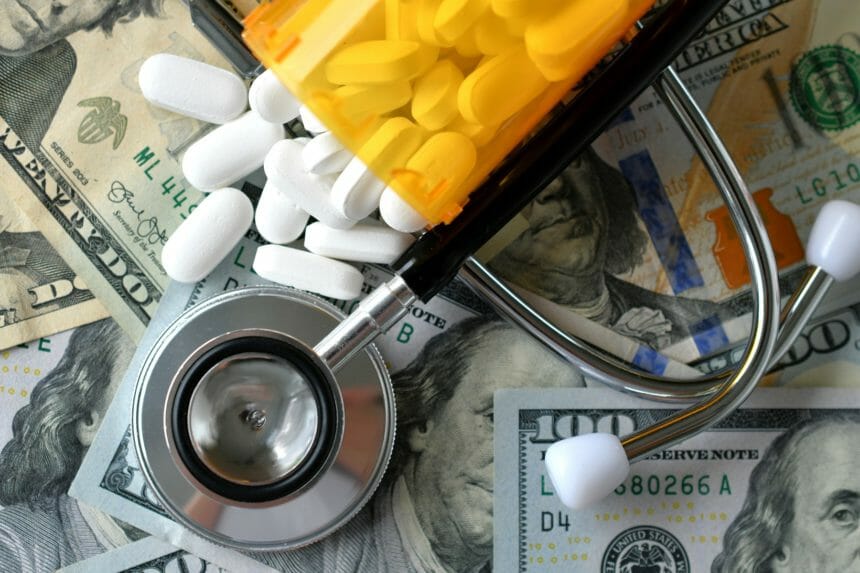Tectonic changes are coming to U.S. pharma. The first came in early 2018, when a brash group of healthcare providers announced they were done with capricious, often predatory pricing and uncertain availability of hospital-based generic drugs. Instead of petitioning Congress, the FDA or Medicare for help, they were going to supply their own generics and create a members-only closed market.
Many in our industry scoffed. In a survey done around that time, only 29% of respondents thought the plan would get off the ground.
Oops! The group, now a branded, nonprofit, non-traded company named Civica Rx, has done anything but fade away. Recently it announced that a consortium of Blue Cross Blue Shield insurers had invested $55 million. In return, the “Blues” will be able to buy selected drugs at below-market prices. According to Civica Rx, members can expect to save 35% to 50% on generic drugs.
So far, the response has been overwhelming. Civica Rx now has 800 participating hospitals. You may recognize some of its supporters — Mayo Clinic and New York Langone. And the original plans for offering 14 drugs? Now they’re looking at more than 100.
How do they do it? Civica Rx currently obtains its drugs through arrangements with overseas manufacturers — Hikma in London and Xellia of Copenhagen. However, plans are in the works to develop U.S.-based manufacturing.
Before you start blustering about the effrontery of hospitals competing on what once was our turf, let’s consider the forces that got us here. Most obvious are the persistent shortages of many critical injectable drugs, including lidocaine and basic antibiotics such as vancomycin. In 2019, more than 280 generic drugs, many of them life saving, were listed on official drug shortage lists.
This is a big deal. Not only do drug shortages threaten lives, but they also impact hospital efficiency. According to a University of Chicago study, more than 90% of hospitals have had to find alternative therapies because drug prices were too high or the drugs themselves simply weren’t available. Tracking down alternatives isn’t cheap. Hospitals across the U.S. annually spend more than 8 million hours just to manage drug shortages, resulting in an annual cost of nearly $360 million.
We in pharma haven’t made life any easier for hospitals because we tend to discontinue products that are losing money, jack up prices when we have a monopoly and sometimes even block competition by withholding samples or raw materials.
Here’s an idea. Instead of going to war with these upstarts, let’s take an old-fashioned SWOT approach. It’s clear Civica Rx is already at least a minor threat and could soon become a major one. How can we convert the need for consistently priced and readily available generics into an opportunity? How can we overcome the weaknesses in our current model and harness our strengths as innovators and producers?
First, we can use industry lobbying groups such as PhRMA to reach out to Civica Rx and help it acquire not only key generic drugs but also facilitate the purchase of newer breakthrough drugs. We can also establish an industry network dedicated to helping hospitals locate hard-to-find generics.
Next, we must compete with European manufacturers for the opportunity to partner with Civica Rx. And lastly, we must condemn predatory pricing practices that take advantage of drug shortages or seek to block production of generic injectables.
Here’s what we can’t do: Put our collective heads in the sand and hope this all blows away. I’ve got a hunch it won’t.
From the March 01, 2020 Issue of MM+M - Medical Marketing and Media







